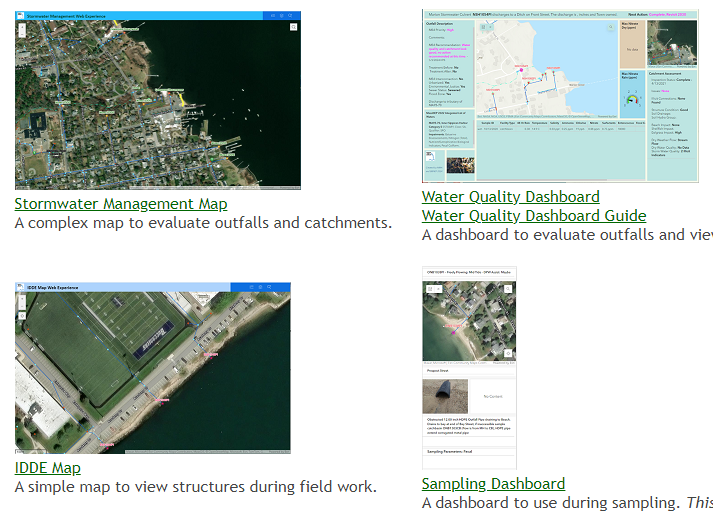The Buzzards Bay NEP, through the Massachusetts Executive Office of Energy and Environmental Affairs, awarded $873,637 to four Buzzards Bay watershed municipalities. The grants will help the municipalities treat stormwater discharges, evaluate wastewater treatment plant discharge capacity, and protect critical habitat in the Buzzards Bay watershed. The five grants, awarded through the Massachusetts Office of Coastal Zone Management, are funded by the U.S. Environmental Protection Agency under the Infrastructure Investment and Jobs Act of 2021. The grants also leverage over $6 million in local, state, and federal funds and in-kind services and help meet Massachusetts’ climate resilience and environmental equity goals.
The following municipalities were awarded grants:
• The Town of Bourne will receive $375,000 to construct a stormwater treatment system to address contaminated runoff from a parking lot at Queen Sewell Pond beach and to design additional stormwater treatment systems for another outfall near the beach at Bayberry Road. Queen Sewell Pond has been prone to bacteria and nutrient contamination, resulting in harmful algae blooms and beach closures. The proposed project will capture and treat the stormwater runoff before it enters the pond.
• The Town of Carver and the Town of Wareham will each receive $75,000 to work with the Buzzards Bay Coalition to permanently protect 522 acres in Carver and 215 acres in Wareham. Acquisition of these lands will protect forested uplands, cranberry bogs, and wetlands and will contribute to a growing greenway corridor along the Weweantic River. The Buzzards Bay Coalition will acquire and own the land, and both municipal conservation commissions will hold conservation restrictions in their respective towns. The lands will be used for conservation, restoration, public education, and recreation.
• The City of New Bedford will receive $250,000 to design and permit green infrastructure stormwater treatment solutions at three sites within the Buttonwood Park Zoo. Stormwater runoff from animal enclosures now discharge high levels of bacteria, sediment, and nutrients to Buttonwood Brook. The new stormwater treatment systems will replicate natural processes to trap and filter stormwater prior to reaching local waterbodies to reduce pollutant loads and improve water quality and habitat in the brook and downstream in Apponagansett Bay.
• The Town of Wareham will receive $98,637 to evaluate planned increased wastewater flows from the town’s Water Pollution Control Facility. The purpose of the study is to determine if the existing outfall location can accept increased flows from the planned sewer expansion with additional levels of treatment without degrading water quality. The study will also evaluate the benefits of moving the outfall location to other sites.
The NEP is fortunate to be able to provide these federal funds for such diverse and innovative projects to protect habitat and water quality in Buzzards Bay. We will continue to seek and secure funds so that the communities in this region can successfully complete many more projects like these.
